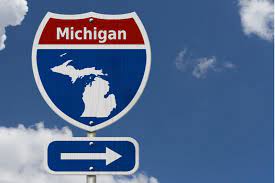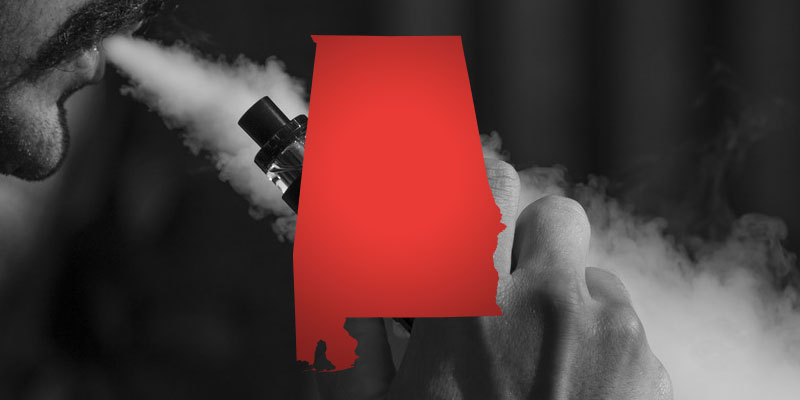Michigan, a state known for its diverse landscapes and vibrant communities, is now at the center of a heated debate surrounding proposed vape bills. These bills, if passed, would bring significant changes to the vaping industry, including a ban on flavors and the imposition of a substantial 57% tax. In this blog post, we delve into the details of these proposed measures and their potential impact.
The Proposed Flavor Ban: A Blow to Vapers and the Industry
Halt on Flavor Diversity
Michigan vapers could soon face a limited flavor palette as the proposed vape bills aim to ban a wide array of e-liquid flavors. From fruity blends to dessert-inspired choices, the flavor ban intends to address concerns about the appeal of vaping to younger demographics. However, critics argue that such a ban could adversely affect adult vapers who rely on flavored options as an alternative to traditional tobacco.
Impact on Small Businesses
Local vape shops and businesses catering to the vaping community may bear the brunt of the flavor ban. With a significant portion of their revenue derived from flavored e-liquids, these establishments could face financial strain. The proposed measures might lead to closures, impacting both business owners and consumers who depend on these shops for their vaping needs.
The 57% Tax Proposal: Financial Challenges for Vapers
A Substantial Burden
Perhaps the most contentious aspect of the proposed vape bills is the introduction of a 57% tax on vaping products. This hefty tax rate has sparked concerns among vapers and industry stakeholders alike. For many consumers, such a tax could make vaping less financially viable compared to traditional tobacco products.
Potential for Black Market Activity
Critics argue that an excessively high tax rate could inadvertently drive consumers towards the black market, where unregulated and potentially unsafe vaping products may flourish. This shift could undermine the original intention of the bills, which is to address public health concerns associated with vaping.
The Road Ahead: Advocacy and Public Engagement
As Michigan residents and stakeholders in the vaping community grapple with the implications of these proposed bills, advocacy and public engagement become crucial. Vaping enthusiasts, industry professionals, and concerned citizens may seek to voice their opinions through public forums, contacting elected officials, and participating in community initiatives to shape the future of vaping regulations in the state.
In conclusion, the proposed Michigan vape bills represent a significant turning point for the vaping community in the state. The potential flavor ban and the imposing 57% tax have sparked debates about personal freedom, public health, and the economic impact on local businesses. As the bills progress through the legislative process, the future of vaping in Michigan hangs in the balance, awaiting the outcome of these contentious proposals.


